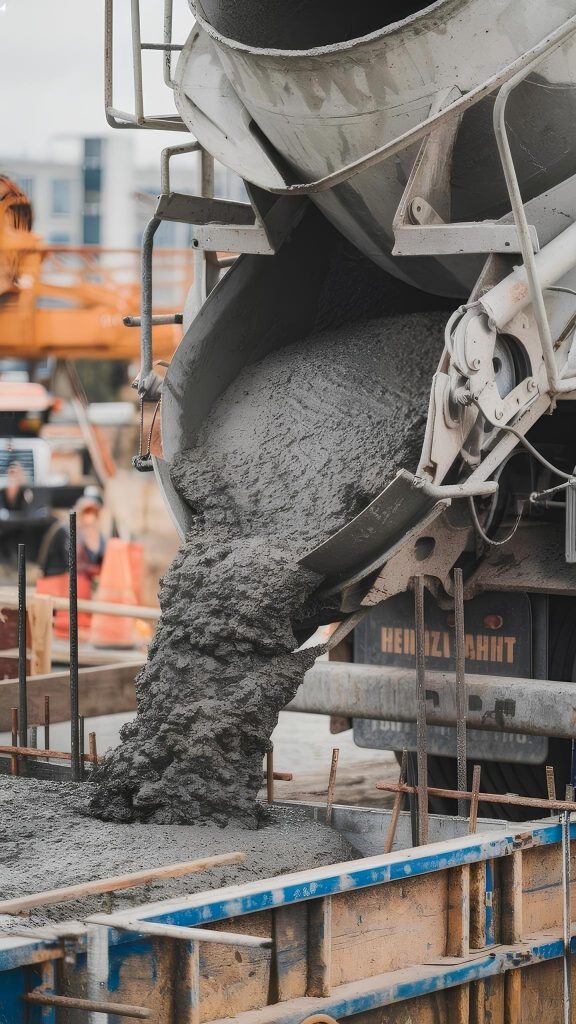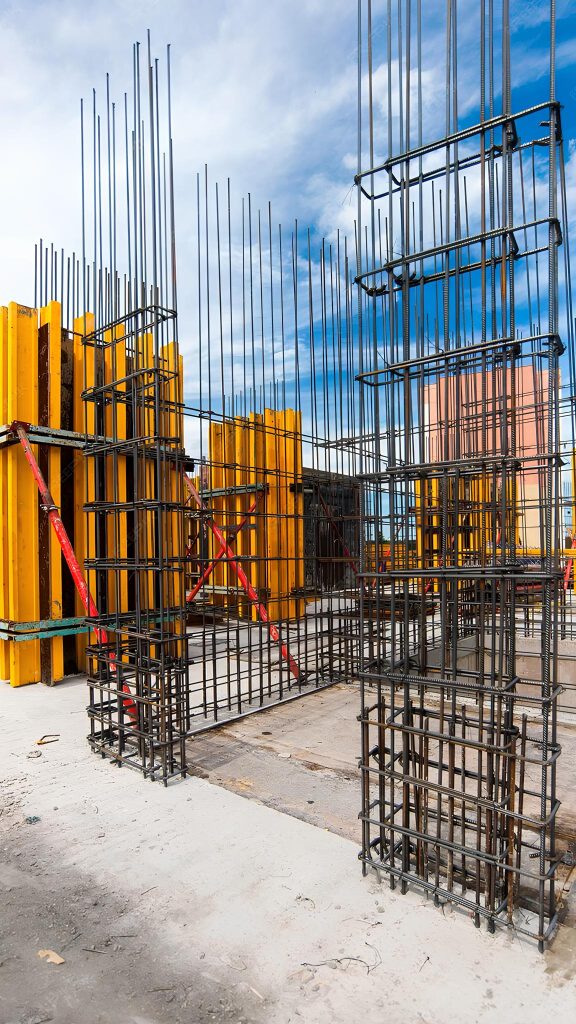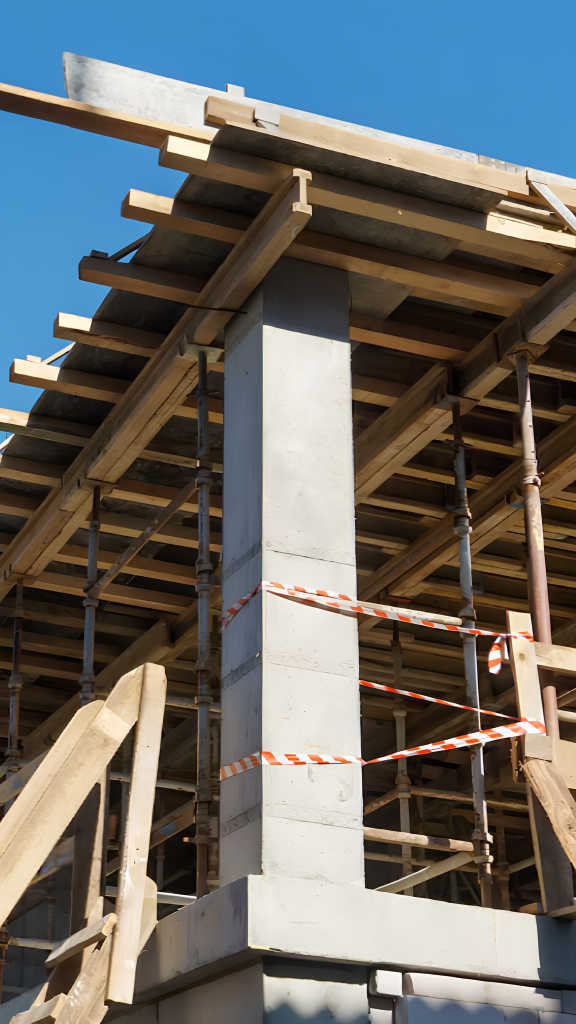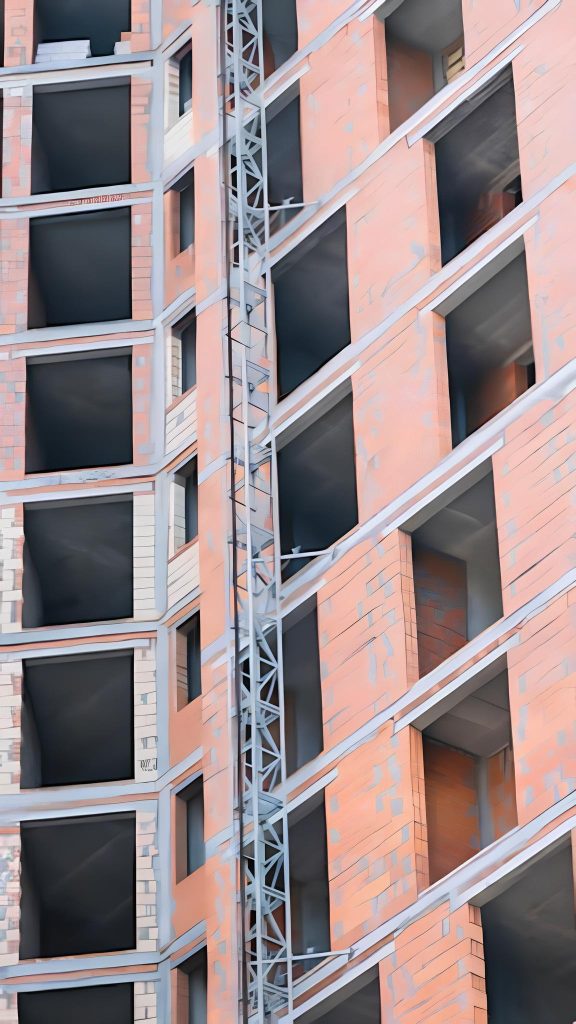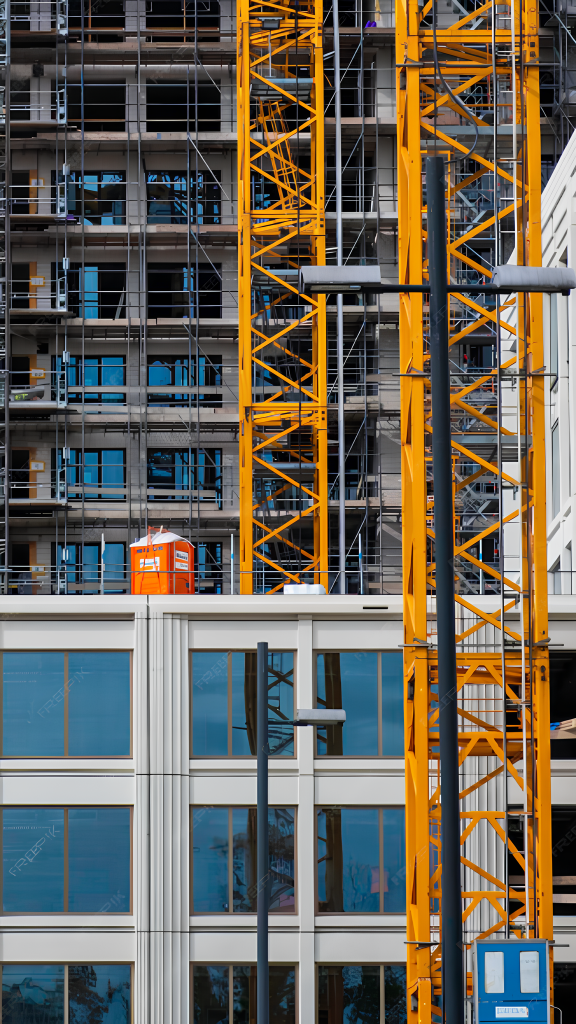Building Materials & Supplies in Nigeria
Nigeria, Africa’s largest economy and most populous nation, is in the midst of a transformative construction boom. From sprawling urban developments in Lagos and Abuja to critical infrastructure projects nationwide, the demand for reliable and high-quality building materials in Nigeria is immense. Whether you’re a local developer expanding your portfolio, a Nigerian in the diaspora planning to build back home, or an international investor eyeing the vast opportunities, understanding the intricacies of construction supplies in Nigeria is fundamental to your project’s success.
This comprehensive guide delves deep into Nigeria’s dynamic building materials market. We’ll explore the key material categories, examine pricing factors, offer strategic sourcing tips, and look at the future trends shaping Nigeria’s building industry. Our aim is to provide you with the essential insights needed to navigate this vibrant, yet complex, sector effectively.

